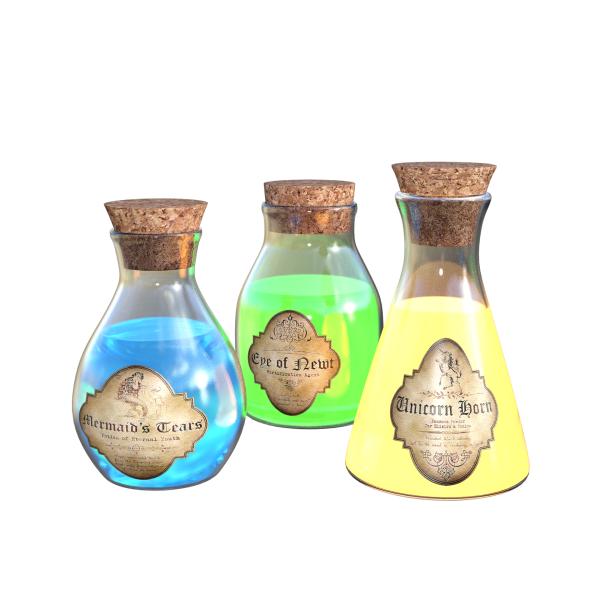Complementary medicine (CM) runs the gamut in its healing claims from offering authentic stress relieving massage and well-meaning, but expensive placebo to outright spurious declarations. Due to superior marketing efforts often targeted to the most vulnerable and the lucrative nature of the multibillion-dollar industry, academic centers have even jumped on board allowing extensions of their facilities to include CM wellness centers as another avenue for patient and financial pipelines. Typically armed with anecdotes, buzzwords like “revolutionary” and “world-renowned,” or thinly veiled and weak “studies” to support their assertions, CM therapies are often not vetted by meaningful scientific rigor or evidence. So, a team of researchers decided to apply some by investigating CM’s impact on patients with curable cancers and just published that work in JAMA Oncology.
What did the scientists conclude?
The authors explored what patient characteristics are associated with use of complementary medicine for cancer and what such an association had on treatment adherence and survival.
They found
“In this cohort study of 1,901,815 patients, use of complementary medicine varied by several factors and was associated with refusal of conventional cancer treatment, and with a 2-fold greater risk of death compared with patients who had no complementary medicine use....Patients who received complementary medicine were more likely to refuse other conventional cancer treatment, and had a higher risk of death than no complementary medicine; however, this survival difference could be mediated by adherence to all recommended conventional cancer therapies.”
They previously studied alternative medicine (which they define as therapy used instead of conventional medicine) and determined its use at the expense of conventional treatment was correlated with an increased risk of death. Sometimes complementary and alternative medicine (CAM) are jointly used in terminology. (1)
What does this mean?
CM reflects a wide array including, but not limited to herbs, vitamins, supplements, homeopathy, naturopathy, “special” diets, probiotics or acupuncture. The term CM can encompass a very mixed bag. Many of the benefits of these are overstated, some products do nothing, and other “remedies” can actually do harm. While massage, meditation and yoga, for example, can be wonderful ways to improve mood and reduce the stress of cancer and chronic disease, they are not a substitute for conventional medical treatment if the goal is cure. Such adjunctive measures, especially for those with cancer, can genuinely help enhance quality of life (which is supported by research). And that is incredibly important and not to be undervalued.
The problems arise when these efforts are sold as a cure, thereby compelling the patient to forgo or not comply with conventional treatment - and bankrupting them in the process. They pose an additional risk if used without a treating oncologist’s knowledge. Without your doctor’s awareness, these alternative treatments could negatively interact with your conventional medicines (and interventions) causing complications and further imperiling you. Additionally, they are dispensed or enacted typically by non-medical personnel.
What’s the take home message?
CM tends to be a one-size-fits-all designation. Products and invasive interventions are very different from dance or prayer. Participating in meaningful endeavors that elicit joy, diminish anxiety and propel hopefulness are worthwhile complements to anyone’s life, in particular an individual battling illness. It is the beauty of personal autonomy that enables someone to captain his ship and choose what is or isn’t worth the cost. The act of taking control is empowering and fosters resilience. Even out-and-out placebos can be therapeutic and what a person needs to thrive under the most challenging of circumstances.
But, let’s just start calling things what they are and what they aren’t, as that is in the best interest of the patient. And, that is what facilitates fully informed consent. This study reinforces that medical innovation and progress has emboldened society and we are quite fortunate to live in a time when there are curable cancers. Though acupuncture might bring you comfort which is invaluable, it will not cure your breast, prostate, lung, and colorectal cancer.
The authors maintain (*CCT= conventional cancer treatment)
“approximately two-thirds of patients with cancer believe that CM will prolong life and one-third expect it to cure their disease. Although it is possible that CM may improve outcomes by helping patients tolerate conventional medical care and complete their recommended therapy, CM may result in inferior survival as a result of delays to receiving proven CCT and refusal of other recommended CCTs.”
Understanding these nuances is the key to survival.
Source:
Johnson SB, Park HS, Gross CP, Yu JB. Complementary Medicine, Refusal of Conventional Cancer Therapy, and Survival Among Patients With Curable Cancers. JAMA Oncol. Published online July 19, 2018. doi:10.1001/jamaoncol.2018.2487
Note:
(1) How the authors define each:
Our work demonstrates that CM and alternative medicine likely represent entities along a continuum, rather than being distinct entities. Although we consider complementary (or integrative) medicine to integrate unproven nonmedical methods with conventional therapies, and alternative medicine as the use of unproven methods instead of conventional therapies,21 our work demonstrates that patients who use alternative medicine and CM are often behaving similarly in refusing conventional treatment. As a result, like the patients using alternative medicine11 (who do not undergo any initial CCT), patients using CM are also placing themselves in an unnecessarily greater risk of death by refusing some CCT.




